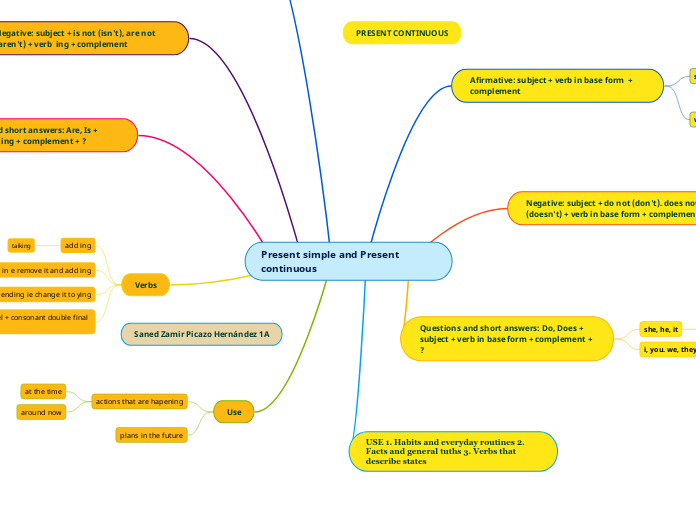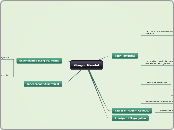The Schools of Psychology and Weight Loss
How would the different psychological schools explain why it is so hard to lose weight?
Source: The Psych Files podcast
Sociocultural
The Problem: Your Friends, Media & the "Culture of Consumption"
Avoid the influence of media
Make New Friends - make group pressure work in your favor
Enlist help of current friends
Junk food is readily available all around you
Food Advertisements are everywhere
Television, Movies and magazines showing attractive and thin people
Expected Holiday eating
Group Pressures at Get-Togethers like at bars and parties
Biological
The Problem: Your Body and Brain
Diet
increase fruits and vegetables
reduce simple sugars
water
Consistent Exercise
Supernormal Stimuli
Foods you find at the supermarket are "supernormal" - that is, often larger than normal, more colorful and specifically designed with the mix of salt, sugar and fat to be addictive.
Evolution: Our bodies have evolved to crave sugar, fat and salt (they used to be in very short supply) and to store fat in case of famine, so your body fights fat loss
sugar
increases insulin
over time, cells can develop insulin resistance
fat
Set Point Theory
Thyroid
Your Age
Metabolism slows as we get older
We lose muscle and thus gain weight as we get older
Metabolic Rate
Heredity
Humanistic (Carl Rogers)
The Problem: lack of self acceptance
New Job, new direction in your life
Set up something to look forward to
Reconnect with your talents, skills & hobbies. Nurture a sense of self-efficacy by becoming good at something you enjoy
Learn to love yourself despite your faults
Recognize that we're all imperfect
Your job has no meaning for you
Lost connection with what is important to you
You don't like yourself, or you feel that part of you is "bad"
Psychoanalytic (Freud)
The Problem: Unresolved Feelings
Resolve unconscious conflicts
Gain Insight through psychotherapy
Past/Family/Childhod
Comfort Food
Behavioral (B.F. Skinner, John Watson)
The Problem: Bad Habits
Make small changes in your environment so that healthy eating is easy to do
Reinforce yourself for different behaviors
Remove current reinforcer
Large portion sizes
Eating while watching TV
Something is reinforcing whatever you're doing now
Cognitive
(Albert Ellis, Martin Seligman, Aaron Beck)
The Problem: Irrational Thoughts
Solution
Cognitive Restructuring
Thought stopping
Track your irrational thoughts and find substitutes for them
Irrational
"I should be as thin as...."
Negative
"I can't..."
"I'll always..."
"I'll never...









